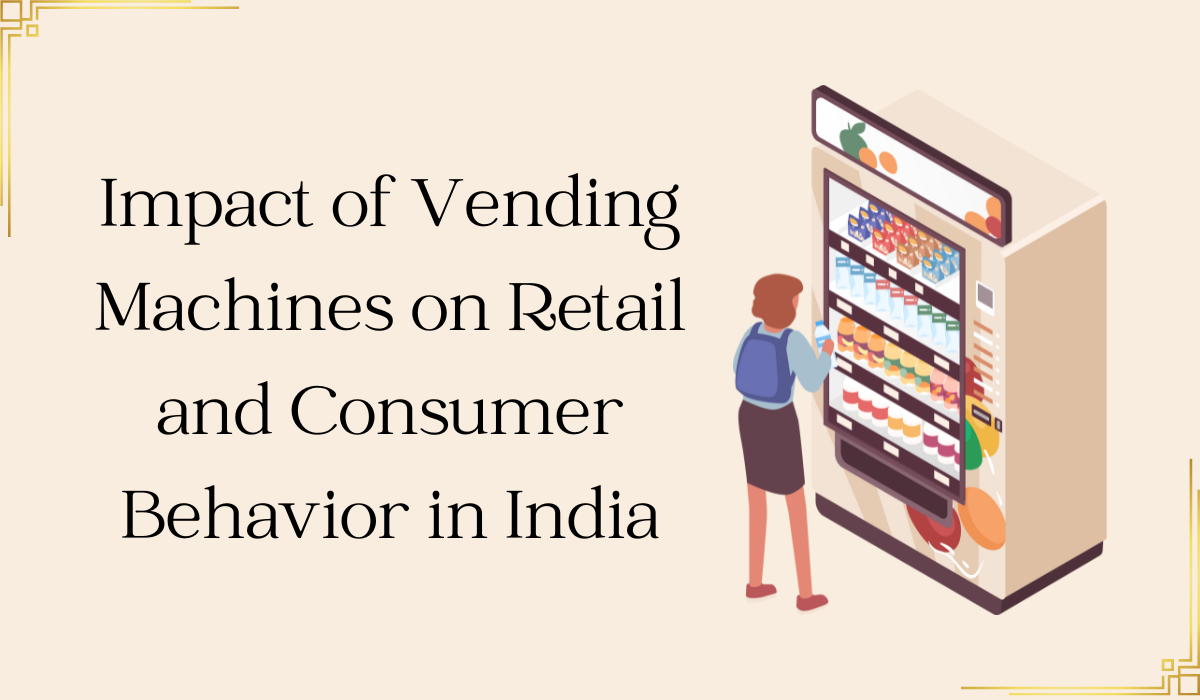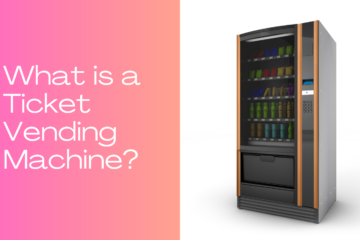Vending machines have been steadily changing the face of retail in India. These automated machines are becoming more common, and they’re having a big impact on how people shop and how businesses operate. In this blog, we’ll explore how vending machines are influencing the retail scene and consumer habits in India, looking at their growth, benefits, challenges, and what the future holds.
Evolution of Vending Machines in India
The concept of vending machines in India isn’t entirely new, but it has seen significant evolution over the years. Initially limited to beverages and snacks in metropolitan cities, vending machines have now expanded their reach and product offerings. Technological advancements have played a crucial role, with modern machines equipped with smart features like digital payments, real-time inventory tracking, and even personalized recommendations. The advent of smart vending machines has made them more efficient and consumer-friendly, marking a new era in automated retail.
Impact on Retail Sector
- Retail Space Optimization: One of the primary benefits of vending machines is their ability to optimize retail space. Unlike traditional stores, vending machines require minimal space, allowing businesses to operate in high-rent areas without significant overhead costs. This efficiency is particularly beneficial in urban centers where real estate prices are steep.
- 24/7 Availability: Vending machines offer unparalleled convenience by providing 24/7 access to products. This round-the-clock availability caters to the needs of consumers at any time, enhancing customer satisfaction and boosting sales for businesses.
- Inventory Management: Modern vending machines are integrated with advanced inventory management systems, ensuring real-time stock updates. This integration helps in maintaining optimal stock levels, reducing the chances of running out of products and minimizing waste.
Changing Consumer Behavior
- Instant Gratification: In today’s fast-paced world, consumers seek immediate solutions to their needs. Vending machines cater to this demand for instant gratification by providing quick access to products without the need for long waits or interaction with sales personnel.
- Cashless Transactions: The shift towards digital payments is another significant change driven by vending machines. With the integration of mobile wallets and credit/debit card payments, consumers can enjoy a seamless and cashless shopping experience, aligning with the country’s push towards a digital economy.
- Health and Wellness Trends: Responding to the growing demand for healthy options, many vending machines now offer a variety of nutritious snacks and beverages. This trend aligns with the increasing consumer preference for health-conscious choices, making vending machines a versatile solution for different dietary needs.
Case Studies
In urban areas like Mumbai and Bangalore, vending machines have become a common sight, offering everything from gourmet coffee to essential groceries. These machines have not only enhanced consumer convenience but also provided businesses with a new revenue stream. In smaller towns and rural areas, vending machines are gradually gaining popularity, offering products that might otherwise be difficult to access due to the lack of retail infrastructure.
Challenges and Opportunities
- Maintenance and Security: While vending machines offer numerous benefits, they also come with their set of challenges. Regular maintenance is crucial to ensure they function smoothly. Additionally, security measures need to be in place to prevent vandalism and theft.
- Regulatory Environment: Navigating the regulatory landscape is another challenge. Businesses must comply with local laws regarding product safety, payment systems, and consumer rights to operate vending machines successfully.
- Market Potential: Despite these challenges, the market potential for vending machines in India is immense. With increasing urbanization and a tech-savvy population, the demand for automated retail solutions is set to grow. Untapped markets in semi-urban and rural areas also present significant opportunities for expansion.
Conclusion
Vending machines are more than just convenient dispensers of snacks and beverages; they are a testament to how technology can transform retail and consumer behavior. As they become more integrated into the Indian retail landscape, their impact will continue to grow, offering businesses and consumers a seamless and efficient shopping experience. The future looks promising for vending machines in India, with endless possibilities for innovation and growth.




